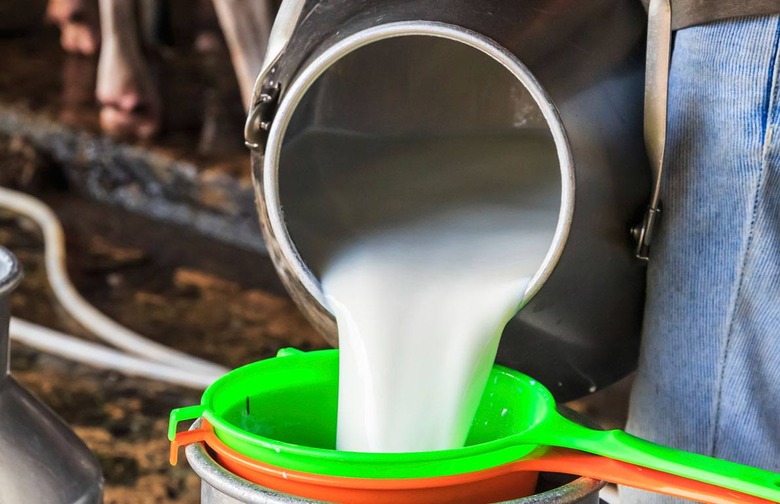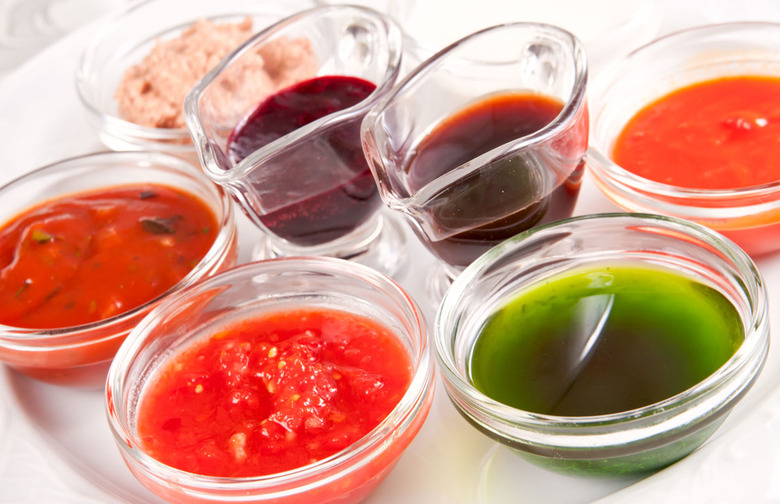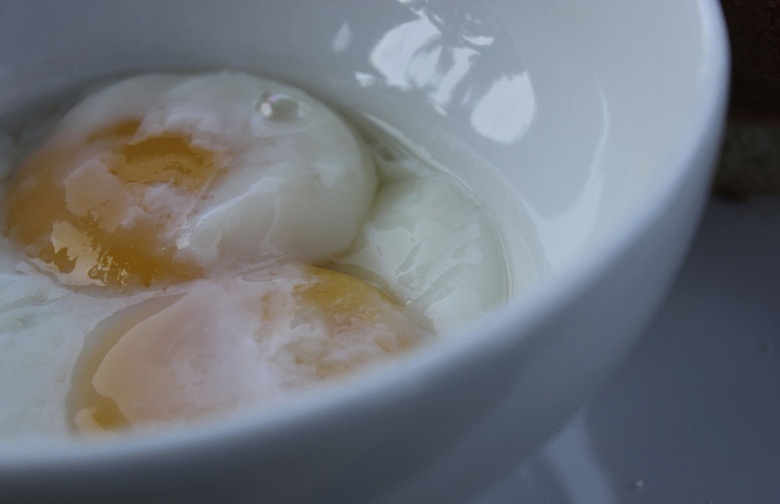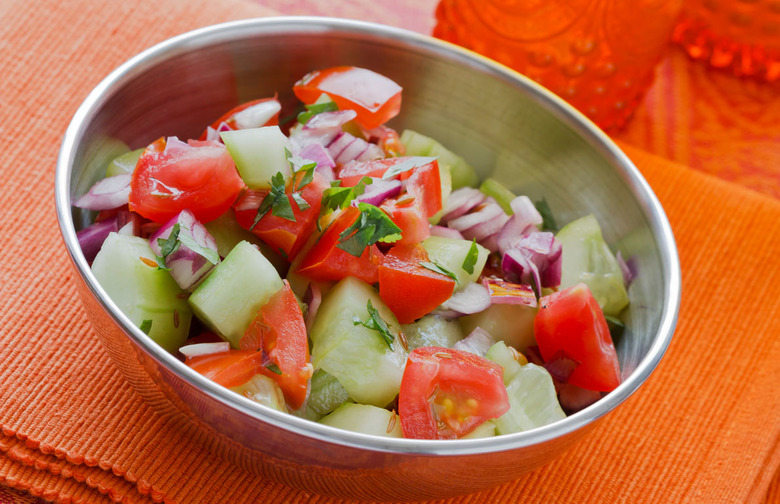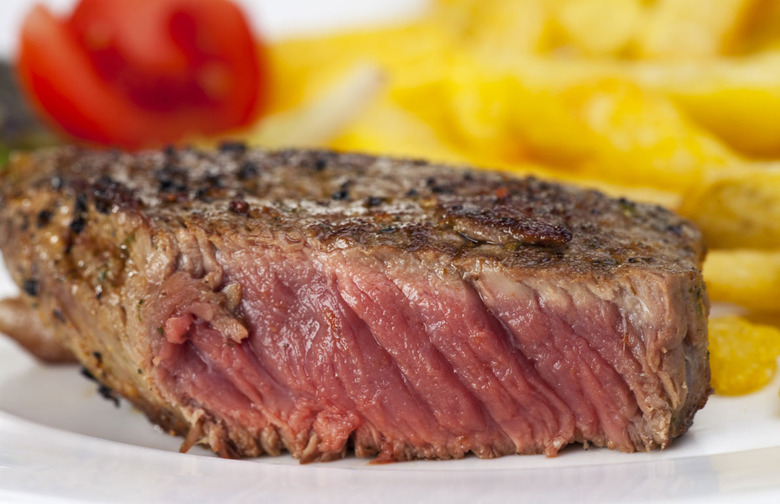9 Foods You Probably Shouldn't Eat When Traveling
9 Foods You Probably Shouldn't Eat When Traveling
If you're reading The Daily Meal travel section, you probably think that eating food abroad is one of the most exciting things about traveling. However, it's important not to get too excited, because some foods might keep you in your hotel room, or your hotel room bathroom, for days on end. There are few things worse than taking the money, energy, and time to plan a trip and having it be ruined by traveler's diarrhea or other digestive ailments. Here are nine foods you should be careful of eating when you are traveling.
Berries
As a rule, originally laid out by Jodi Ettenberg of LegalNomads.com, only eat fruits that have a thick layer of skin that you can peel away, such as bananas, oranges, or rambutans. That natural casing keeps the fruits fresh — but wash the exteriors thoroughly before peeling, or contaminants on the skins can find their way onto the fruit itself. Berries, strawberries, and apples, on the other hand, should be avoided, because these fruits are exposed to bacteria from the water they are washed in and the places where they are stored.
Frozen Foods
When food is frozen, melted a little, and then refrozen — as is the case with many frozen foods available the world over — it is more likely to develop harmful bacteria. This includes ice you might consider adding to your water or coffee. Be especially careful of this in countries where filtered water isn't widely available. The good thing is that most other countries do not use as much ice as much as Americans, according to Smithsonian.com.
Raw or Runny Eggs
The CDC warns against eating raw or partially cooked eggs in their tips for travelers' health. There are a few health risks involved in eating raw or runny eggs at home, as evidenced by the warning label in refrigerated cookie dough and the more than 11,000 egg-related salmonella cases in recent years. Apply the same, if not more, caution when eating raw eggs overseas. This applies to raw egg-based sauces too, like hollandaise.
Raw Vegetables
Almost every guidebook you open will tell you to forget eating salads when you're abroad. Why? It's all about the water used to wash the vegetables, as well as the conditions the vegetables are kept in; many countries do not have the resources to stick fresh produce in refrigerators. Most leafy vegetables grow at ground level, and in countries with a lot of pollution, the soil could very easily be contaminated. According to FoodSafety.gov, you should eat vegetables only when they are cooked and still hot.
Restaurant Food During Off Hours
Street food is generally safer to eat than restaurant food, because you can see the food being made in front of you, but that doesn't mean you should avoid restaurants completely. According to The Food Traveler's Handbook, you should eat restaurant food at times when there are a lot of people around, which is usually during standard mealtimes. Though these vary country by country, you can be sure that sitting down for lunch at 3 p.m., when the options are limited and the food is lukewarm, will do your stomach no good.
Sauces and Condiments
While we understand how painful it is to say no to salsa, chutney, and other sauces when traveling, anything that so clearly includes water or fresh herbs as ingredients should set off a red flag.
Soda
According to the CDC, you can drink soda, but only if it comes in a sealed can or bottle; soda from a fountain is an absolute no-no, as it normally uses tap or water that has not been properly filtered. Even brushing your teeth with non-bottled water could leave you in intense pain, so drinking anything from a fountain is just not smart.
Uncooked or Partially Cooked Meats and Seafood
Seafood, especially bottom feeders like shellfish, are bacteria hotbeds when partially cooked, so you should probably say no to oysters when you travel, according to Esquire. Raw or partially cooked meat also puts you at high risk of tapeworm.
Unpasteurized Dairy Products
We know it isn't easy to say "no" to soft cheeses like Camembert, but be careful. According to the FDA, raw, unpasteurized dairy can carry dangerous bacteria such as salmonella, E. coli, and listeria, and is a major cause of food-borne illness. Also, pasteurization processes vary from country to country. For example, in India, where health regulations are not as strict, it is common for households to boil milk and refrigerate it, just to make sure all the bacteria is killed. But many restaurants skip this practice. If you're not witnessing a process like this, you're better off just avoiding dairy you aren't sure is properly pasteurized.
